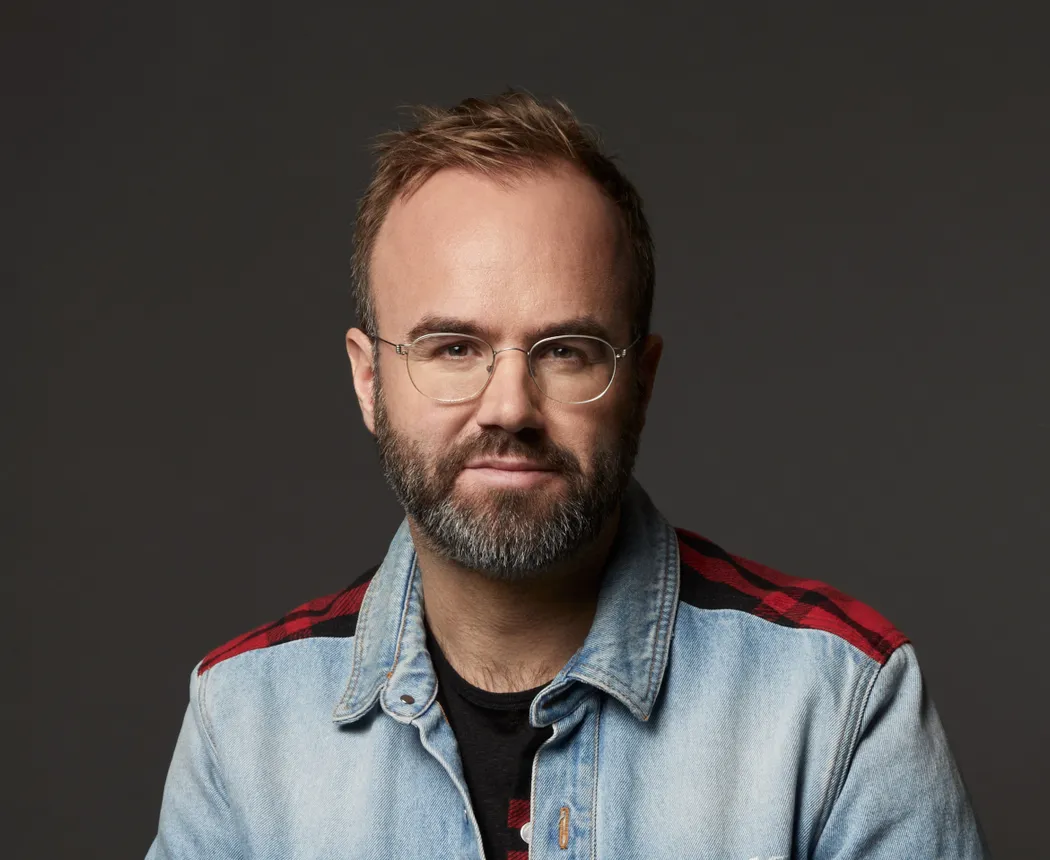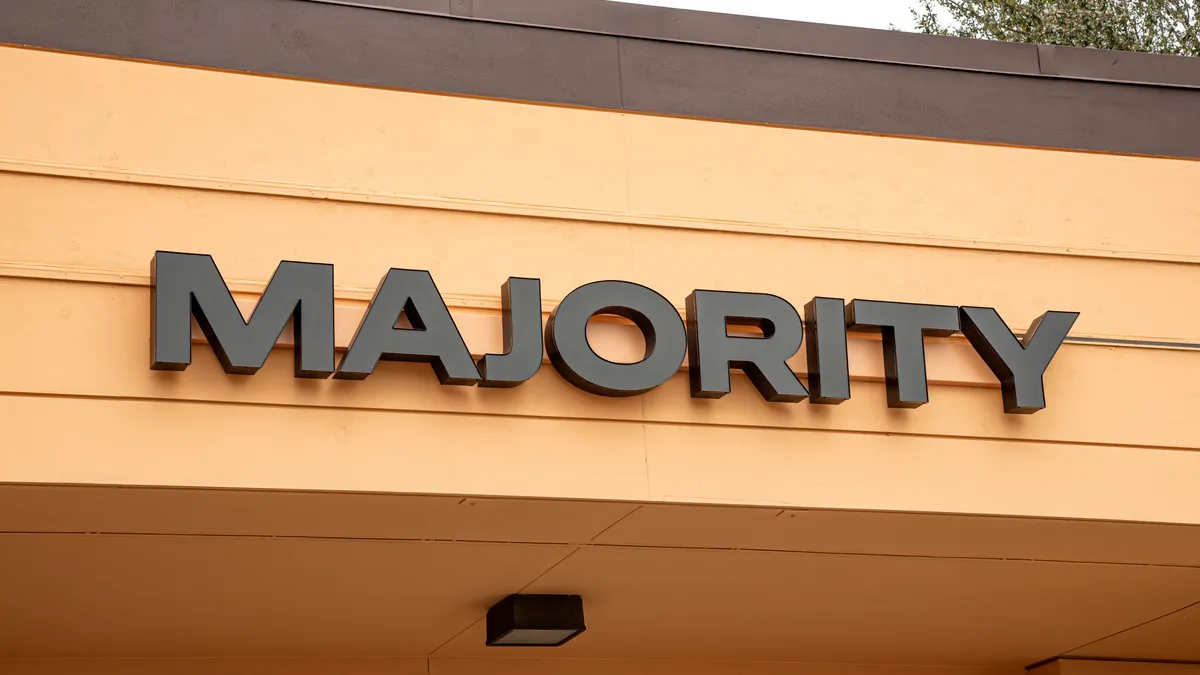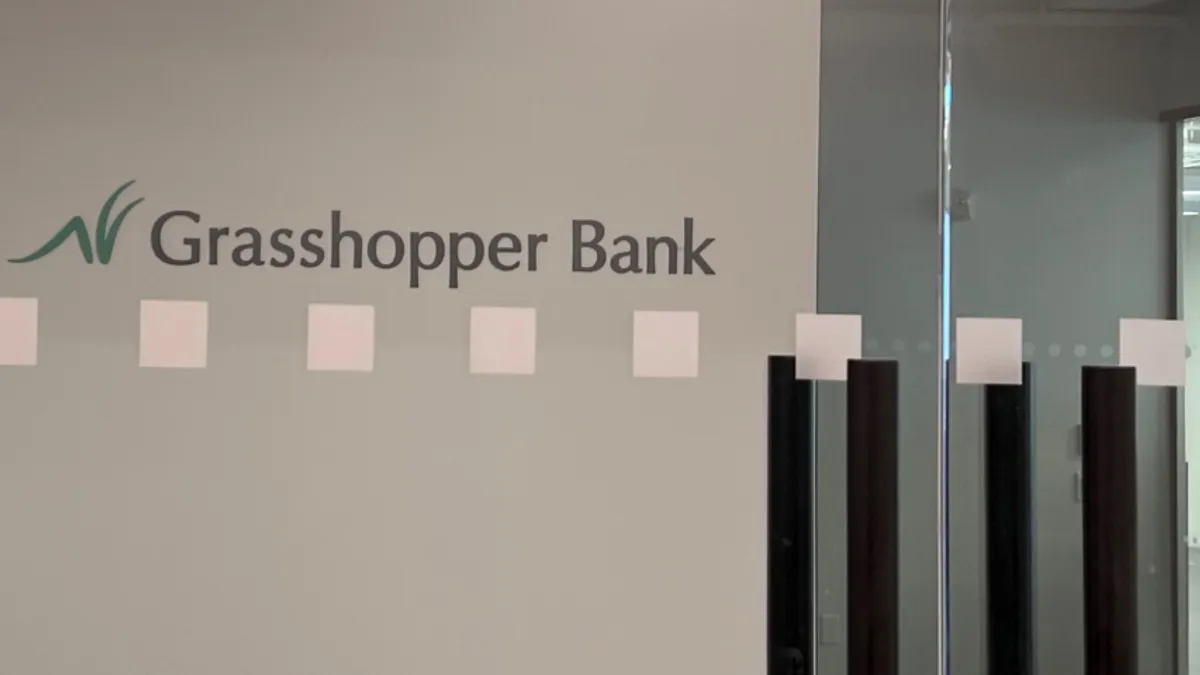The neobank space has seen some consolidation and several closures in recent months, as the market downturn continues to batter the tech and startup sector.
But Majority, an immigrant-focused neobank, has managed to stay afloat and raise funds amid the challenging landscape, a feat CEO Magnus Larsson attributes to the firm’s ability to focus on its mission and maintain a subscription-based business model.
“We always were a membership and paid subscription business. That's been our core since the beginning,” said Larsson, a Swedish immigrant to the U.S. who founded the fintech in 2019.
For $5.99 per month, Majority subscribers receive a Federal Deposit Insurance Corp.-insured account and debit card. The bundle comes with remittances and international calling, as well as access to in-person native language advisors and a network of community meet-up spaces.
Majority raised $9.75 million in new funding this month, some of which it plans to put toward a meet-up space it recently opened at the U.S.-Mexico border in Laredo, Texas.
“It's a sign of the trajectory that we've been on since we started,” said Larsson on the new

funding from Valar Ventures and Heartcore Capital. “When you're leading a segment in the market, you want to continue your growth and make sure that you have the runway. … There's no one raising money now that doesn't have a reliable market and model.”
Larsson discussed the evolving neobank landscape, consolidation in the fintech space and how the company is helping immigrants adjust to life in the U.S.
This interview has been edited for clarity and brevity.
BANKING DIVE: Given the recent consolidation that we’ve seen, where do you think the neobank space is headed?
MAGNUS LARSSON: The ones that believe that the goal of neobanking is to have massive user growth and the only business model will be credit in the future – I think you will see them struggle. If you don't have a real problem that you're solving, I think it’s a challenge out there.
When we started, we were the first in the market in our space. Since then there have been several popping up focusing on a specific diaspora, but I think we’ve always been much more than a bank.
You need to solve real problems where you can save people money or you can make a significant difference in their experience. I think that's what we're seeing play out. We’re not just another neobank solving a language issue.
Remitly launched Passbook, a neobank targeting the immigrant segment around the same time you launched Majority. The company announced in February that it was shutting down the platform. Have you noticed an uptick from former Passbook customers?
LARSSON: Every time there's someone in our space that is closing shop, we're seeing people transferring money from them.
When you become too big, very few companies also have the ability to put something else in the center of their focus. [Remitly] didn't build a subscription business, and they launched [Passbook] on the side.
Have you identified other areas in the U.S. where you’d like to have a presence?
LARSSON: When you're looking at migration as a whole, there's roughly 300 million migrants. Two-thirds of them are in the western world and 50 million of them are in the U.S. Almost every diaspora has a focal point, and of course, there's a high concentration in larger cities. When we're looking at our expansion in general, we want to be present in the major cities, everything from Atlanta, Georgia to D.C., Chicago, New York and L.A.
Kid-focused Greenlight recently launched a white label product that allows traditional banks to offer products for Gen Z. What do you think of this business model, and is it something Majority could emulate?
LARSSON: I'm quite positive about that scenario. … I think there will be a time in a few years – maybe after we’ve grown bigger – where partnering or finding a strategic partnership will be a good idea.
When you are a massive bank and you already focus on 80-90% of the market, you can’t change your whole identity and focus. The new digital era kind of created this opportunity to build much more relevant and good quality services, and the big ones are never ever going to be able to do it. It's just not in their DNA. Their decision structure is not there. So there's no chance in hell that the big banks will succeed in building these services, so their only solution to not lose this market or to gain this market will be to buy or partner.
You’re planning to launch a specialized version of your Migrant Handbook that caters to the needs of Mexican immigrants. Why did you decide to launch this latest handbook?
LARSSON: When we launched the Migrant Handbook, it took a broad approach to everything you need. And I think the deeper and more we've been working with our different diaspora, I think the financial side of the U.S. is an area that is the most complex and potentially where the translation and understanding of it is the most important. As an example, when it comes to understanding credit or credit score, the U.S. system is not obvious.
There’s a big potential to help give people resources and access to information so they can make their own decisions. If I go back to our mission, it's to help people thrive and succeed in a new country, and I think this is just a continuation of that.



















